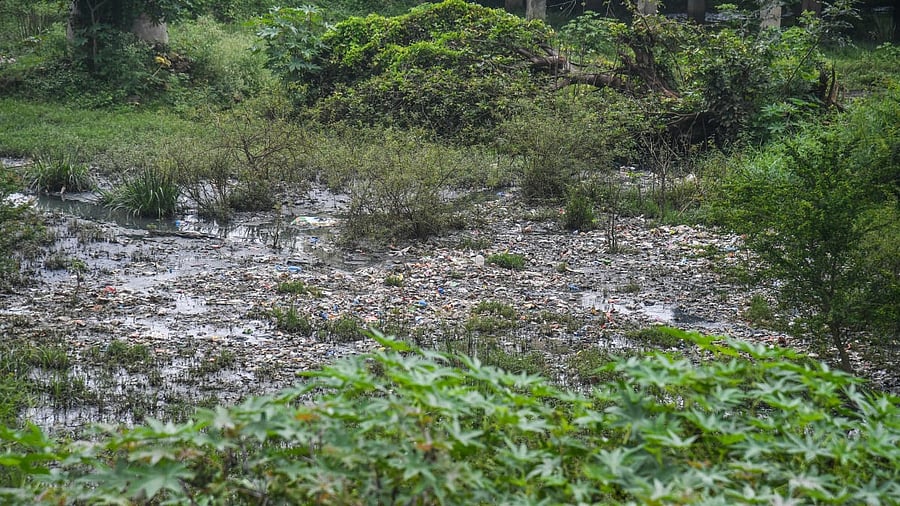
Tardy progress in waste water and faecal sludge management continues to contaminate 17 rivers in the state, with latest data showing high amount of coliform bacteria in the water.
River pollution came under spotlight after the Central Pollution Control Board (CPCB) released its data in September 2018.
Later, the National Green Tribunal (NGT) took up a suo motu case, before disposing of the matter in February 2021 and directing a central committee to monitor the progress of rejuvenation.
Two years later, Karnataka still lags behind in implementing measures to check pollution of rivers. Lack of adequate treatment plants and under-utilisation of existing sewage treatment plants (STPs) are major constraints.
Water quality data for 2022-23 shows high levels of faecal coliform in Arkavathi, Malaprabha, Krishna, Shimsha and Bhima, while total coliform was high in all rivers.
As per CPCB standards, total coliform organisms shall be 5,000 or less per 100 ml.
In Shimsha, total coliform was counted at 54,000. It is followed by Arkavathi (24,000), Kagina (16,000), Tungabhadra (10,800), Bhima (9,200) and others. The biochemical oxygen demand was also high.
At the end of 2022, the amount of sewage generated along 17 river stretches was estimated at 884.25 million litres per day (MLD).
Of this, only 536.3 MLD was treated, mainly because of the failure to utilise full capacity (822 MLD) of the STPs installed.
At a recent meeting, the National River Conservation Directorate had pointed out that effluent treatment plants of 168 industries were non-compliant.
It also red-flagged the lack of scientific management of 3,018 tonnes per day of solid waste.
The KSPCB told the central committee that the government was trying to resolve issues related to STP capacity utilisation.
Works related to STP and underground drainage were ongoing in Bagalkot, Gadag, Kalaburagi, Tumakuru, Ramadurga and other places.
KSPCB member secretary Srinivasulu told DH that the Board was monitoring the progress of the projects, whose completion will help prevent pollution of rivers.
“UGD works and STP works take time. Once they are done, the quality of the water will improve. We will continue to monitor the situation under the guidance of the central committee,” he added.
